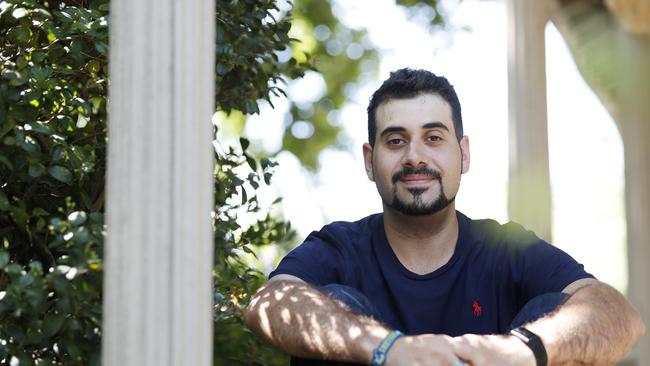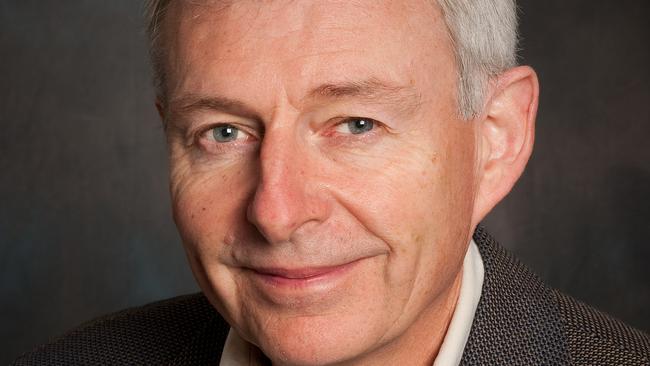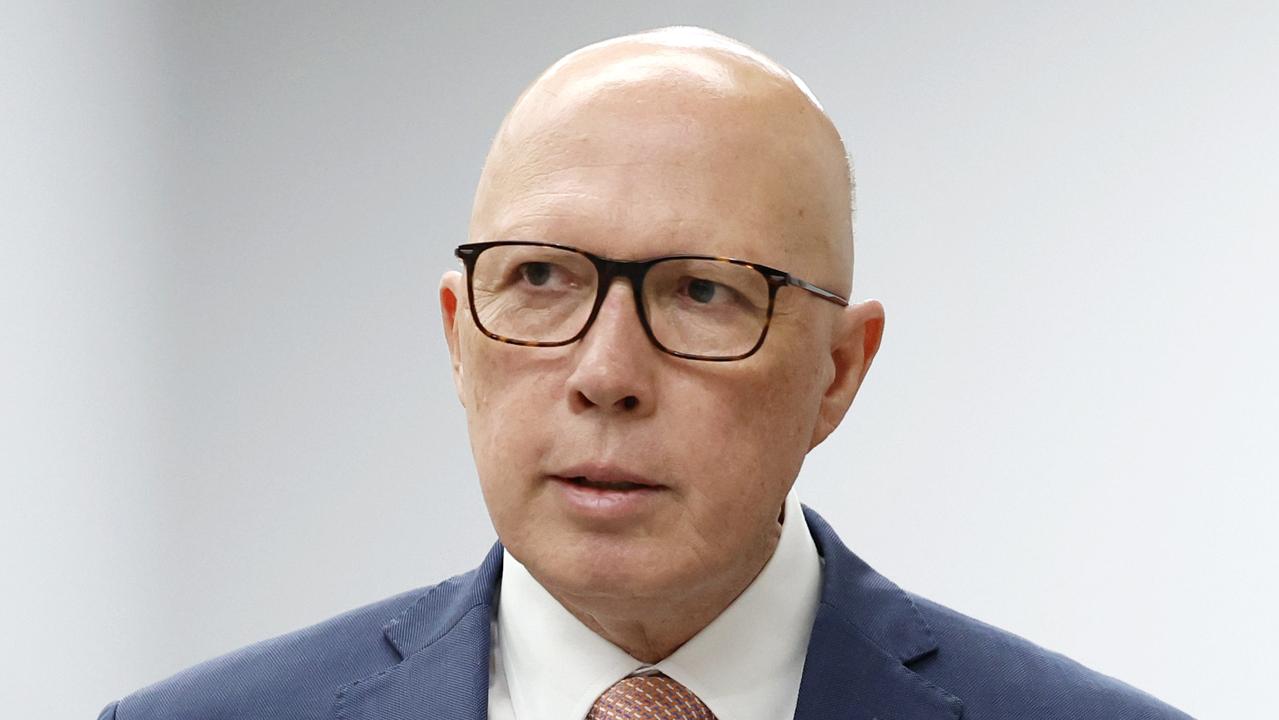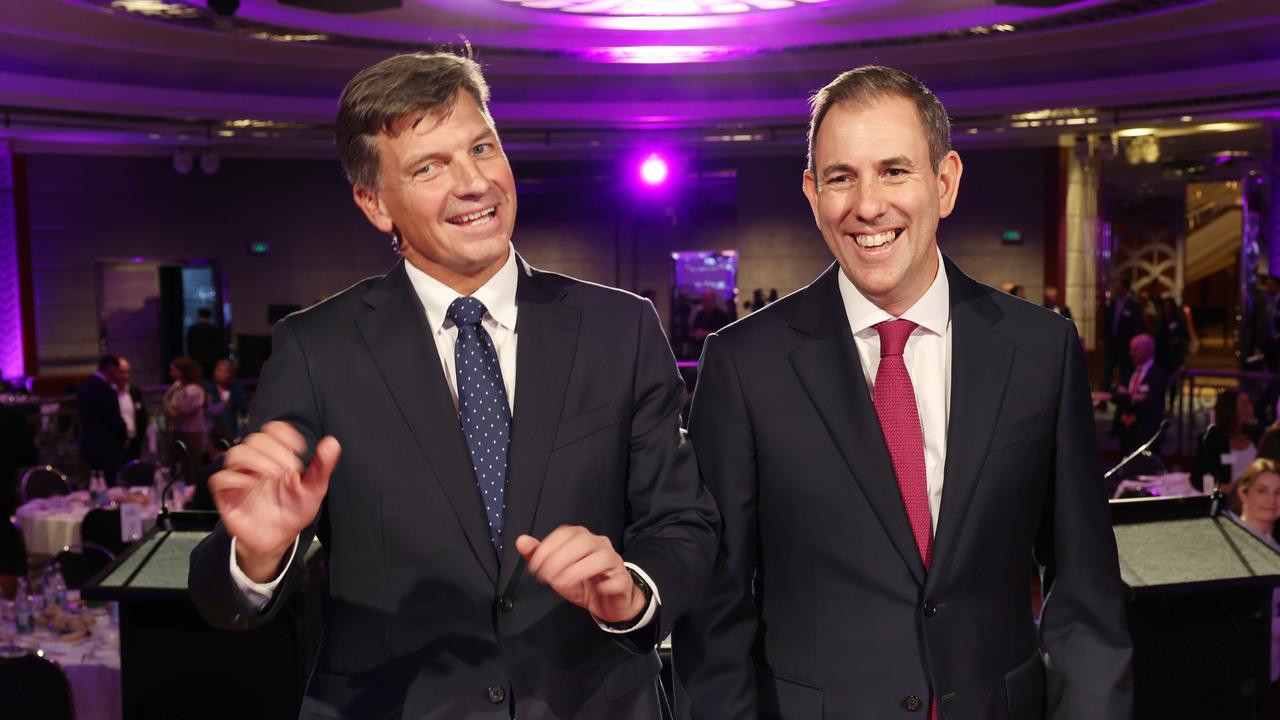Gen Xers the last political activists
Australians are losing their political religion, turning away from active involvement in major parties and civic groups.

Australians are losing their political religion, turning away from active involvement in major parties and civic groups, with the young and digital natives dipping in and out of issues rather than joining organisations.
A new general social survey from the Australian Bureau of Statistics shows measured participation has plummeted by 50 per cent in the past decade. The ABS found 9.4 per cent of adults had been involved in a civic or political group in the past 12 months. In 2010, the figure was 18.7 per cent.
The proportion of people aged 15-24 participating in a political party, trade union, professional association, human rights, animal welfare or environmental protection group was 7.1 per cent.
Maligned as “slackers” in their youth, Generation X, now aged 40-54, was the most active cohort in political and civic groups, with 13.1 per cent of men and 10.2 per cent of women saying they were actively involved.
The trends are in line with declining participation in community and social groups, as well as in volunteering. In 2006, one-third of adults told the ABS survey they had undertaken unpaid voluntary work through an organisation in the past year; in 2019, the figure was one-quarter.
The plunge in involvement is reflected in party membership. In the 1950s and 60s, major parties had more than 100,000 cardholders. Now the Liberals claim 80,000 paid-up partisans, while Labor is at 60,000 members.
Josh Lopez, 24, is a member of the Liberal Party but admits he has no enthusiasm for the “chore” of branch meetings, which are staid affairs and dominated by an ageing base.
The resident of high-income Mosman, in the northern Sydney seat of Warringah that Tony Abbott held for 25 years, joined the party two years ago because it promotes free enterprise and individualism.
“I’ve always been interested in politics and joining up was a way to explore that passion and meet other young people with similar values,” he said.
In May last year, Mr Lopez handed out how-to-vote cards for the former prime minister, who lost his seat to Zali Steggall. The independent MP’s campaign benefited from activist group GetUp, whose army of ardent volunteers decked out in orange colours sought to bring about the defeat of sitting conservatives in several electorates.
Australian National University political sociologist Ariadne Vromen said citizens, especially young people, were reluctant to join traditional political groups, which were rigid and hierarchical.
“There is a cynicism and distrust around organised politics,” says Professor Vromen. “There is so little room to participate in the major parties that people are doing it on their own terms, in an ad hoc way, which is so much easier with the rise of online petitions, digital platforms and groups like GetUp.”
In a speech to the National Press Club on Wednesday, Victorian Labor MP Clare O’Neil will draw on her podcasting experiences during the pandemic to talk about the need for a “new politics”, that balances conviction with better forms of representation, to inspire trust in a jaded electorate.

ANU political scientist Ian McAllister said the major parties were durable, having adapted to vast changes in media, world wars and industrialisation. Still, they were narrowly focused and protected by compulsory voting.
“It’s all about winning elections for the major parties, that’s the single thing they exist for,” Professor McAllister said.
“While political parties make the system work, and organise policy choices, there are many things we could do to improve our democracy.”








To join the conversation, please log in. Don't have an account? Register
Join the conversation, you are commenting as Logout